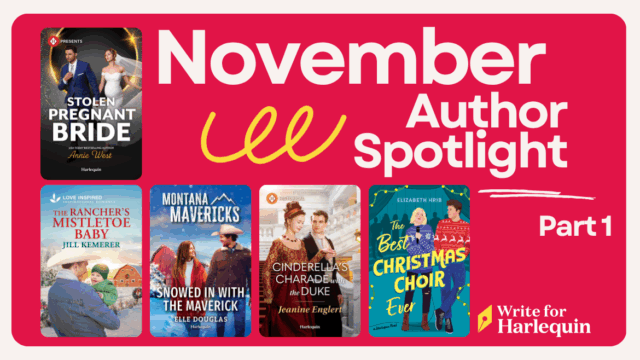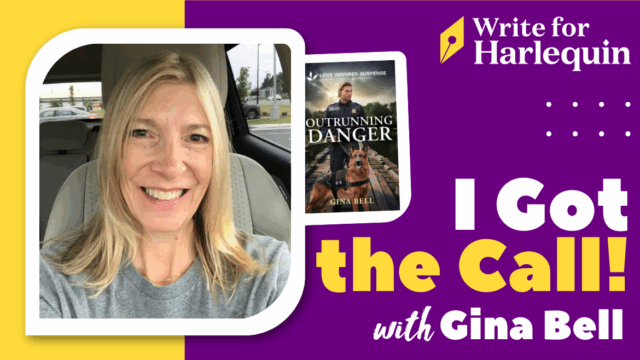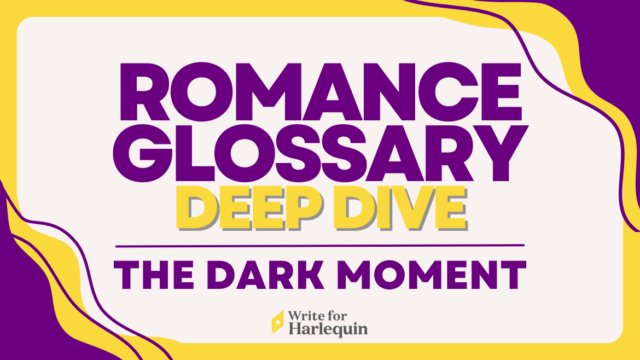by Patience Bloom
As you’ve read in Birgit Davis Todd’s motivating post, we want to encourage you to get going on that book you’ve always wanted to write. And if it’s for Harlequin, so much the better! We hope that you’ll check out this site for inspiration, guidance, and interaction with our editors.
Where to start on this adventure? Let’s go the Maria route and start at the very beginning.
You know you have a great story waiting to bust out. The key is gathering all the elements and getting started. Really, there is nothing that will substitute for putting yourself in front of your writing device and just doing it. You can think about writing, dream about finishing the novel, have flashes of brilliance, but it won’t alleviate the hard work of writing. No matter what the outcome, you will appreciate how much you learn from writing and what your imagination can create. Hopefully, we will get to see this. 🙂
A crucial thing to keep in mind: Writing that romance won’t happen in a day. You can break down writing a novel into manageable tasks. Starting with a memorable opening line, which leads into a captivating opening page, which leads to a scene, more pages, and finally a chapter. How will you get the editor to take notice, put down her coffee and clear her appointments for the rest of the day? What are your characters saying to you? Write it all down. This is the time to scribble down your ideas on every available writing surface.
Here are a few things to remember:
1. Don’t get bogged down in eloquence. Just start writing the story—your story. You can finesse your words later. That is for the fun stage: rewriting.
2. Make sure your story starts in an exciting place. Don’t have the heroine thinking about her entire life, where she was born, her first job out of college, how it went, why her first boyfriend left, and her second. The characters should be moving somehow (doesn’t have to be physically), actively grappling with a dilemma.
3. While your opening scene is fabulous, grabbing us in from the start, don’t forget to describe the physical elements of your setting and characters. Immerse us in the story.
4. Remember that this opening scene is a way to hook your reader. Show us what you’ve got! Pull out all the stops! Great opening lines can live forever, too, and this is your chance to show off.
5. Characterization is key to survival in a romance novel. Since your reader has to live with these characters for hundreds of pages, you should show the hero or heroine through action, dialogue, point of view—or all of the above. Make us want to take their journey with them.
6. It may be tempting to set up your entire romance in the first chapter, but this will turn off an editor–and often won’t get the reader to the next chapter. One of the ways to create suspense is by not giving us all the information.
What do you do now? Get yourself in that chair and start. We’ll be checking in to see how you’re doing and feel free to tell us of your progress in the comments. We’re rooting for you!




